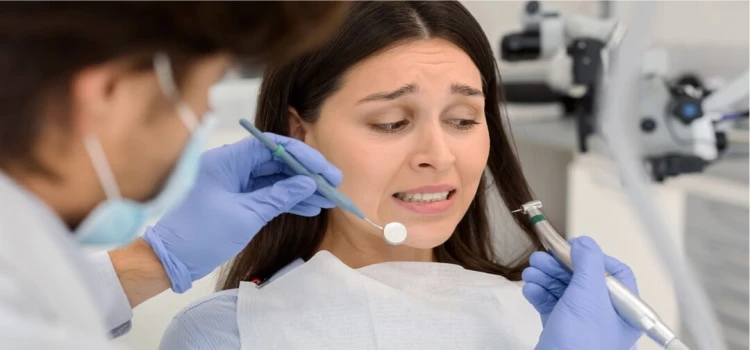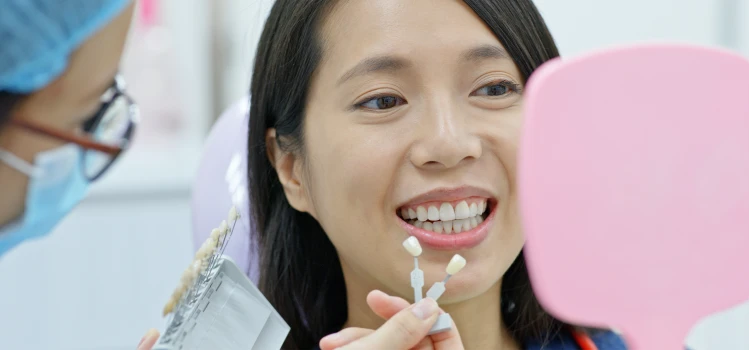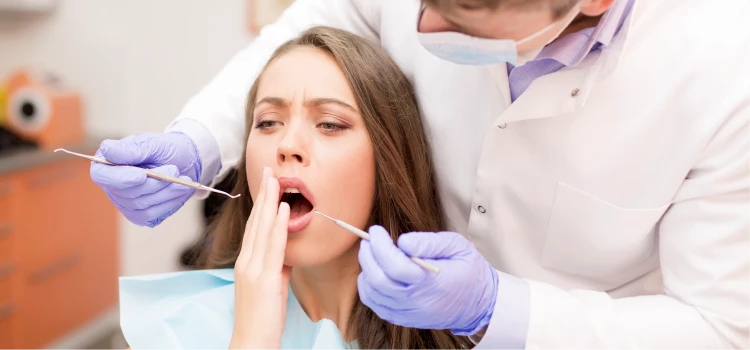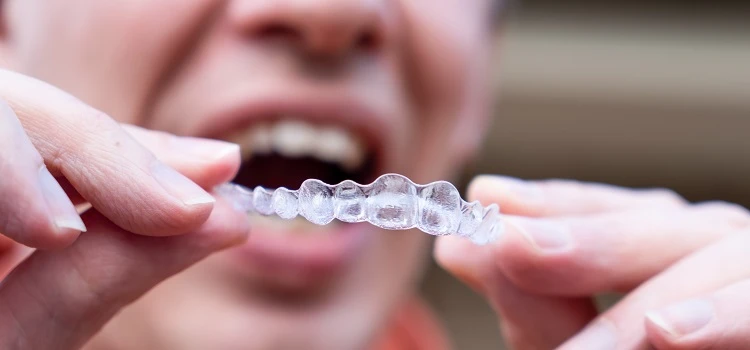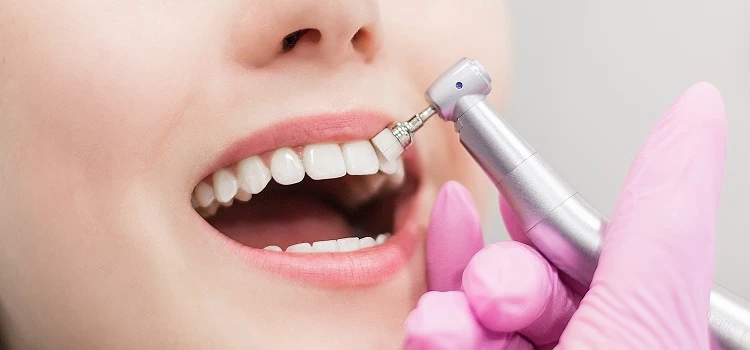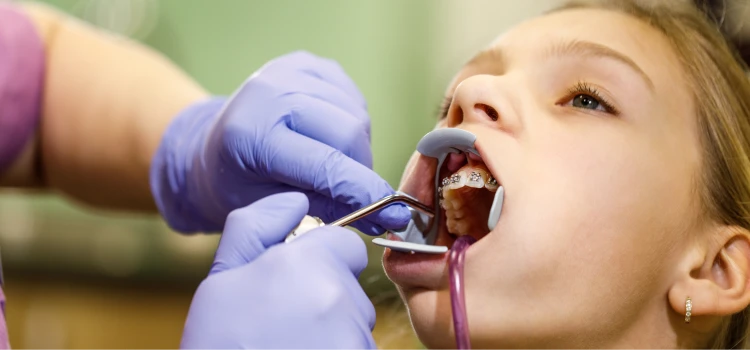Cavities are apparently minor and harmless dental problems but can have effects that go well beyond the boundaries of your mouth. While cavities may first seem like a small issue, if left untreated, they can develop into major health issues that damage both your dental health and your general health.
Therefore, preventing them is the best way to maintain oral health. Learn some easy tricks for dental cavity prevention and enhance your quality of life.

Essential Oral Health Tips To Prevent Cavities
Here are the top 6 habits or tips for preventing tooth decay due to cavities and saving your teeth from damage –
1. Brushing and flossing daily
The everyday practice of brushing and flossing your teeth is the cornerstone of cavity prevention. Your first line of defense against the emergence of cavities is these procedures. While brushing helps eliminate plaque accumulation that can cause damage, flossing helps clean in-between teeth where your toothbrush can fall short. Right brushing and flossing techniques make sure that dangerous germs cannot develop, greatly lowering the chance of cavities.
2. Eating a healthy diet
Your diet and cavity prevention are co-related. In addition to being good for your general health, a balanced and healthy diet is essential for avoiding cavities. Fruits, vegetables, and dairy products, as well as other foods high in vitamins, minerals, and fiber, are good for your teeth and gums generally.
These meals encourage saliva production, which naturally fights off dangerous germs, assists in the remineralization of your teeth, and maintains the right pH balance in your mouth.
3. Avoiding sugary foods and drinks
Consuming too much sugar significantly increases the risk of developing cavities. Sugary meals and beverages are the perfect environment for bacteria that make toxic acids flourish. These acids destroy tooth enamel, which causes cavities to develop. Minimizing sugar intake helps prevent cavities. Also, remember to brush your teeth or rinse your mouth with water after eating such high-sugar foods.
4. Fluoride use
A naturally occurring mineral called fluoride is well recognized for its power to enrich tooth enamel, increasing its resistance to acid incursions from bacteria and sugary foods. If you are prone to developing cavities, adding a fluoride mouthwash to your regular dental hygiene practices can add an extra layer of defense. Your teeth’s weaker spots are remineralized, making them less prone to decay.
5. Quitting cigarette and tobacco products
In addition to discoloring your teeth, using tobacco products and smoking increases your chance of getting cavities. Your immune system may become weakened, and your mouth’s capacity to fight against microorganisms may be hampered by nicotine and other toxic substances in tobacco. By giving up these practices, you will not only have better oral health but also a lower likelihood of experiencing more severe dental issues.
6. Regular dentist visit
One of the must-do things for preventing cavities is regular dental check-ups. Dental professionals can do thorough cleanings to get rid of tenacious plaque and tartar buildup and can identify early cavities that may not be obvious to the naked eye. Seeing a trustworthy and reliable dentist for routine dental care enables the identification of any possible problems and guarantees prompt intervention to stop cavities from getting worse.
You will greatly improve your chances of avoiding cavities and keeping a radiant, healthy, and cavity-free smile by including these vital practices in your daily routine.
Embrace a Healthier Smile with Preventive Dental Care
Your smile is an asset worth protecting. Preventive dental care is the key to preserving your oral health. Our best Dentist in Frisco is here to help you achieve and maintain optimal oral health. Take the first step towards a cavity-free, confident grin.
Call Us Today for dental cavity prevention, and let our skilled professionals at Pinnacle Dental guide you on the path to long-lasting dental wellness.


